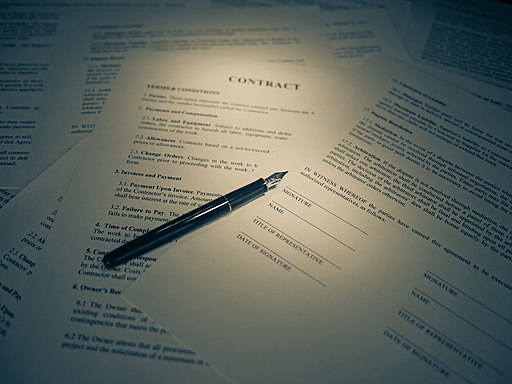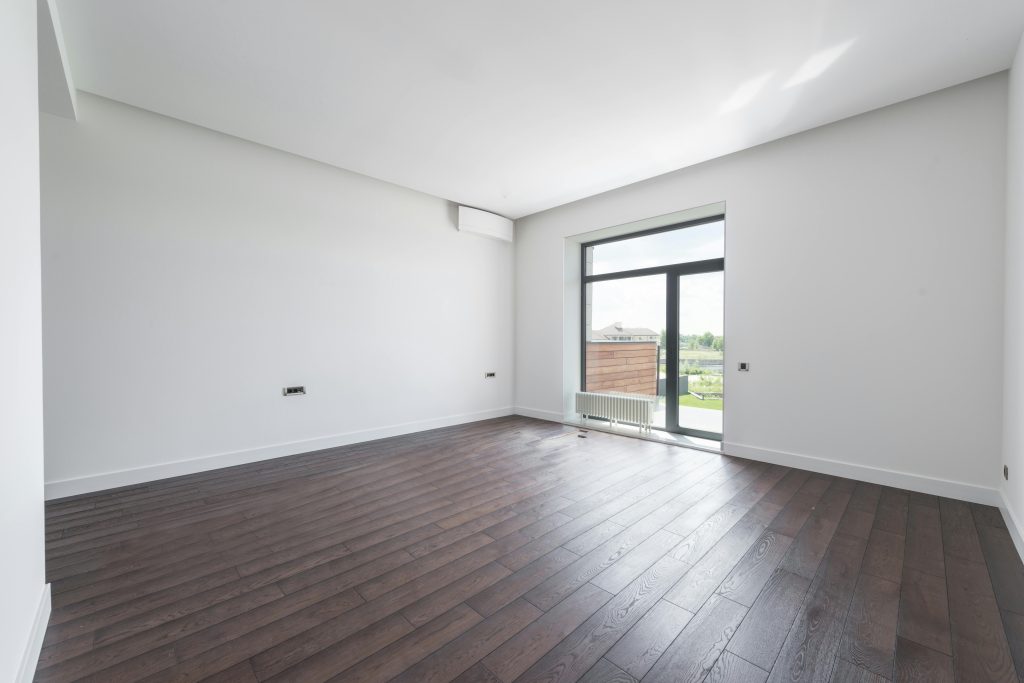Selling your home might seem straightforward: find a buyer, sign the paperwork, and hand over the keys.
If only it were that simple.
In reality, selling a house in the UK comes with a stack of hidden costs that can quickly chip away at your profit. From estate agent commissions to legal charges and surprise taxes, it’s not unusual for sellers to be caught off guard.
But don’t worry—this guide lays it all out.
We’ll cover every key cost involved in selling a property.
Estate Agent Fees
Let’s start with the big one.
Typical Commission Rates
Estate agents usually work on a percentage of your final sale price—typically between 1% and 3.5% plus VAT.
Example: Sell your home for £250,000, and you could pay between £2,500 and £8,750 just in agent fees.
Fixed Fees vs Percentage-Based Fees
Not all agents charge a percentage. Some online estate agents offer fixed fees, usually between £500 and £1,500.
Sounds cheaper, right?
Just be careful. Fixed fees are often paid upfront whether the home sells or not, and many services (like professional photos or accompanied viewings) might cost extra.
Can You Negotiate Estate Agent Fees?
Absolutely.
Estate agent fees are not set in stone. Get multiple quotes. Pit agents against each other. If your property’s likely to sell quickly, you’ve got leverage.
Conveyancing Fees
Next up: the legal bit.
What Does a Conveyancer Do?
Conveyancers handle the legal side of the sale, including:

- Preparing contracts
- Managing title deeds
- Liaising with the buyer’s solicitor
How Much Does Conveyancing Cost?
Expect to pay £500 to £1,500, depending on the complexity of the sale and whether the property is leasehold.
And that’s just the base fee.
You’ll often need to budget extra for disbursements—third-party costs like Land Registry documents or ID checks.
Energy Performance Certificate (EPC)
Is It a Legal Requirement?
Yes—an EPC is legally required before you market your home.
How Much Does an EPC Cost?
Usually between £60 and £120, and it’s valid for 10 years.
(If your home’s had one done recently, you might not need a new one—check the EPC register.)
Mortgage-Related Fees
Selling doesn’t always mean you’re mortgage-free. And your lender might want a final slice of the pie.
Early Repayment Charges (ERCs)
If you’re paying off your mortgage as part of selling your property, and it’s before a fixed term ends, you might face an ERC—typically 1% to 5% of your outstanding balance.
Mortgage Exit Fee
Some lenders charge a mortgage account closing fee—usually between £50 and £300.
It’s a small print kind of thing, so check your original mortgage terms.
Capital Gains Tax (CGT)
Here’s one that often surprises sellers—especially if the property isn’t your main home.
When Does CGT Apply?
You’ll typically need to pay Capital Gains Tax if you’re selling:
- A second home
- A buy-to-let
- An inherited property (unless it’s been your primary residence)
However, if it’s your main home and you qualify for Principal Private Residence Relief, you won’t owe any CGT.
What Is the CGT Rate?
As of April 2024:
- 18% for basic rate taxpayers
- 24% for higher and additional rate taxpayers
These rates apply to residential property gains after allowances.
Important: The annual tax-free allowance is now just £3,000, so more people are being pulled into the CGT net.
Removal and Moving Costs
Don’t forget the cost of actually moving.
These can range from around £300 to £2,000+, depending on:
- The size of the property
- The distance of the move
- Whether you need packing or storage services
Storage units and removal vans don’t come cheap—especially if you’re between homes and need intermediate storage.
Additional Potential Costs
Even after covering the big-ticket items like agent fees and conveyancing, there are still a few lesser-known costs that can catch sellers off guard—especially depending on the type of property you own or its condition.
These expenses aren’t always obvious at the outset, but they can add hundreds (sometimes thousands) to your final bill.
It’s important to factor them in early so you’re not scrambling to cover last-minute costs just as the sale is about to go through.
Leasehold Property Costs
Selling a leasehold flat? Brace yourself.
You’ll likely need to purchase a management pack from the freeholder or managing agent. This contains crucial documents for the buyer’s solicitor.
Typical cost? Between £250 and £500.
Repairs or Renovation Costs
You might decide to spruce the place up before listing.
That could mean anything from repainting to fixing damp.
But here’s the thing:
Spending more doesn’t always mean you’ll sell for more.
Be selective. Fix what’s necessary, but don’t sink thousands into upgrades unless they offer real ROI.
How Property Rescue Eliminates Most of These Costs
Selling a house the traditional way often means juggling multiple professionals, unpredictable timelines, and a growing pile of expenses — from estate agent commissions and solicitor’s fees to EPCs, repairs, and admin charges. But it doesn’t have to be that way.
At Property Rescue, we simplify the entire process and remove the usual financial headaches that most sellers face.
Now here’s the good bit:
No Estate Agent Fees
We’re the buyer. No middlemen. No percentage cuts.
Free Legal Fees
We cover your conveyancing costs and we make sure you get a top notch solicitor.
No EPC, Survey or Marketing Costs
You don’t need to list your property, prep for viewings or worry about legal red tape. We take care of everything and we buy in any condition so there’s nothing to fix
Zero Risk of Fall-Through
Unlike traditional sales, we don’t rely on a chain. Once you accept our offer, that’s it—deal done.
It’s a guaranteed cash sale, often completed in just a few days.
Avoid the Stress — and the Fees
Selling your house in the UK can feel like death by a thousand cuts.
Estate agents take their chunk. Solicitors bill you. Lenders hit you with closing fees. Even moving your stuff costs a small fortune.
But you don’t have to play by the traditional rules.
At Property Rescue, we help you skip the stress—and most of the costs.
- No estate agent commissions
- No solicitor’s fees
- No EPCs or staging costs
- No risk of fall-through
Just a guaranteed cash offer, on your terms, with completion in days—not months.
We’ve helped thousands of UK homeowners sell quickly, securely, and without the usual headache.
You could be next.









